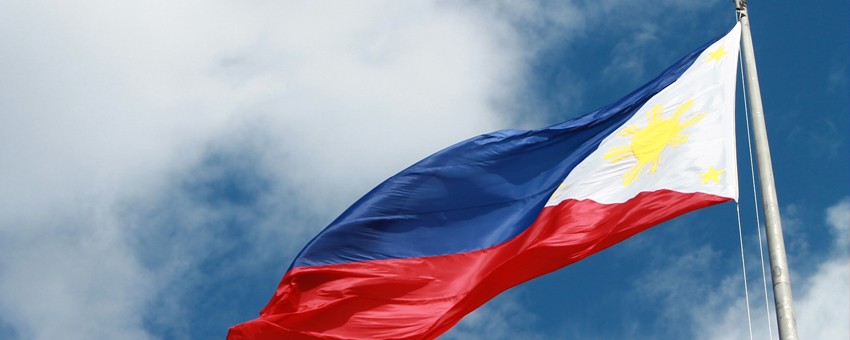
THE Local Government Integrity Circles (LoGIC) Network has formally launched a platform that is meant to promote a culture of integrity among local government units that includes the reduction of red tape.
At a press conference on Friday, representatives from the member local government units (LGUs), business sector, and civil society organizations launched the platform and signed an commitment “for ethical practices and good governance” that shall address the development needs of the LGUs.
“This project contributes to build a culture of integrity and good local governance that promotes the ease of doing business and improves the delivery of public service. Together with civil society and business sector, the project facilitates governance to become more participatory, economic growth become more inclusive, and the country become more competitive,” said Dr. Stefan Jost, country director of Konrad Adenauer Stiftung (KAS), in his speech.
Patrick S. Asinero, project manager of the LoGIC Network, told BusinessWorld that the platform aims “to improve transparency, accountability, and integrity in local governance around the Philippines” which can only be achieved through partnering with the local government units, the business sector, and civil society groups. Through this, ease of doing business and public service could be improved.
The LoGIC Network is based on the pilot project Integrity for Jobs Creation (I4J) that was implemented in the country from 2014 to 2017 and which focused on integrity building and job creation through stimulating local investments.
The three-year project is co-funded by the European Union and the KAS. It aims to increase its reach to 300 integrity circles, from the current 60, by 2020.
The project is also implemented by the European Chamber of Commerce of the Philippines (ECCP), Centrist Democracy Political Institute (CDPI) League of Cities of the Philippines (LCP), League of Municipalities of the Philippines (LMP), and Leagues of Provinces of the Philippines (LPP). These groups forms each circle that will implement the programs in the LGUs.
Each will play a vital role in the network — KAS mainly deals with the financial aspect; the ECCP conducts trainings and consulting activities for small and informal business representatives and investors and the supervision of LGUs; the CDPI establishes the integrity circles in the LGUs and implements training with the civil society groups; LPP, LCP, and LMP are the connections. They are the ones assigned in the further implementation of the activities.
Aside from being a part of the I4J project before, the LGUs selected were ranked and chosen based on categories.
They have a ranking system that looked at a number of criterial including the Department of the Interior and Local Government’s seal of good local governance “in terms of housekeeping and financial accountabilities of LGUs”, and the competitiveness index of the National Competitiveness Council, Mr. Asinero told BusinessWorld.
“We also looked at how open they are to open with civil societies and business groups, kasi kung hindi sila [because if they are not] willing, kung hindi sila [if they are not] open, made-defeat ’yung purpose ng program because the program is opening up government to partner with these organizations or sectors. We looked at also those with integrity building initiatives already because what we wanted is to highlight that and make the Philippines know that there are existing LGUs who are committed to integrity building, transparency, accountability,” he said. — Vincent Mariel P. Galang
This article was originally published in Business World last October 19, 2018